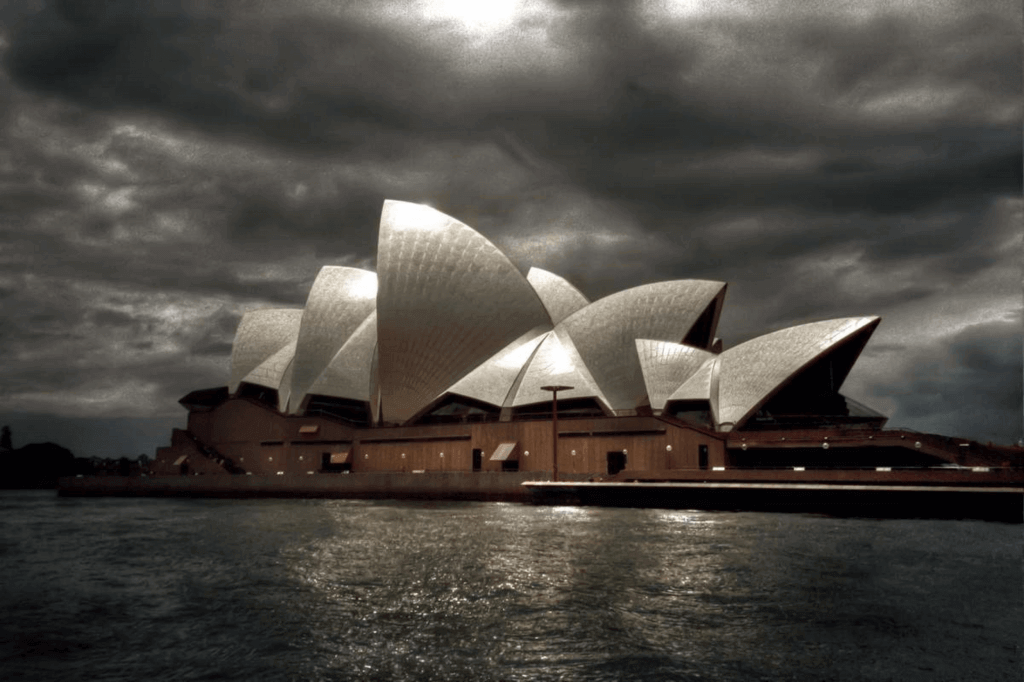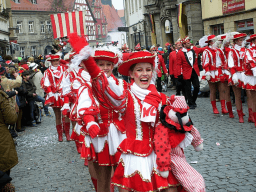Opera Day
Opera Day is observed next on Monday, February 8th, 2027 (345 days from today).

A crash course in opera
While many of us would recognize an opera if we listened to one, we may not be familiar with the definitions and differences surrounding this complex musical genre. In a nutshell, an opera is a performance art piece that combines music with text to create a dramatic setting of a story, complete with acting, scenery, costumes, and choreography. The term opera is in fact Italian for "work", and the text is called libretto, which means "little book". There are many genres, from opera seria (noble and serious) and opera buffa (comedy) to operetta (light opera) and semi-opera (combining dialogue with masquerades).
In general, opera consists of two types of music: solo and aria. The passages read akin to speech and are there to help convey the plot, while arias are long and complex songs dedicated to each character, allowing them to express their thoughts and feelings to the audience. This is one of the distinguishing features of opera from most musicals; while the more modern genre tends to alternate hits with dialogue, operas are pretty much sung, even if this means the retellings aren't always particularly in tune!
History of Opera Day
Opera developed as part of the classical music tradition in the West, first appearing in Italy and quickly spreading throughout Europe, including France, Great Britain, Germany, and Russia. The first operas were aimed at reviving ancient Greek drama, especially the choir role, and it wasn't long before opera became popular entertainment, with the first season of opera taking place in Venice in 1637.
This versatile art form has evolved and differentiated in many ways throughout its history. For much of the 18th century, the opera seria, with its uplifting style and virtuosic performances, was the prevailing force in Italy. As with all artistic movements, however, others have reacted to this trend - Mozart is best known for comic operas such as The Marriage of Figaro, while Verdi is known for his patriotic operas and confident. Meanwhile, Wagner was one of the most influential opera composers, dissolving separate pieces and arias into "endless melodies" and developing the idea of Gesamtkunstwerk ("complete work of art"), synthesizing different art forms into one.
Composers of the 20th century continued to push musical boundaries, experimenting with concepts such as individuality and dissonance. And of course the modern era saw an explosion of the musical theater, the sister of opera. Despite some key differences, some musicals closely resemble operas - look no further than Les Misérables for plenty of recitations! The genre has also influenced today's entertainment, with television plays centered on individual dramas in much the same way that opera has always been.
The power of opera singers
Another distinctive aspect of opera is its singing style - opera singers are known for their powerful voices, able to sing tunes at a volume so loud that they can fill an entire opera house without needing microphone!
Luciano Pavarotti, Maria Callas, Andrea Bocelli and Jenny Lind are famous performers. Singers are classified according to their range: the male singer with the lowest voice is called a bass voice while the female singer with the highest voice is called a soprano. In fact, the term prima donna (literally "first lady") comes from opera, which originally meant a leading female singer but nowadays usually means someone a bit like a diva!
Of course, what we all really wanted to know was whether opera singers can actually break glass - and it turns out they can! By singing the same reverberation of glass very well, opera singers can reach the volume at which the vibrations produced break the glass. This trick has a volume of more than 100 decibels (normal voice is about 50) and requires years of training, so you probably shouldn't try it at home - also let your neighbors try it!
How to celebrate Opera Day
There's no better time to celebrate your passion for opera than Opera Day. And if you haven't developed a passion for opera yet, Opera Day is the perfect day to start!
The most standard way to celebrate is to experience an opera for yourself. Check with your local theater and see if you can attend a performance. If this is not an option, the Internet has made it easy for you to experience the magic of opera from the comfort of your own home. Try browsing YouTube to see performances of masterpieces by Verdi, Mozart, and Wagner, or see if there are any live streams available.
If you love architecture, then why not take a guided tour of your local opera house? Opera houses are often very beautiful and elaborate structures - picture the Sydney Opera House or the Vienna State Opera! And they may also offer discounts on Opera Day, so you should definitely keep an eye on these. Also, be sure to stop by the cafe and see if you can get yourself a slice of the delicious opera (layered almond sponge cake with coffee buttercream and ganache)!
If you're musically inclined, you can take your Opera Day celebration one step further. Get together with your most musical friends and perform an opera of your own. Texts of famous operas can be easily found online, and you can split the parts and cause a stir for a while.
Observed
Opera Day has been observed annually on February 8th.Dates
Saturday, February 8th, 2025
Sunday, February 8th, 2026
Monday, February 8th, 2027
Tuesday, February 8th, 2028
Thursday, February 8th, 2029


